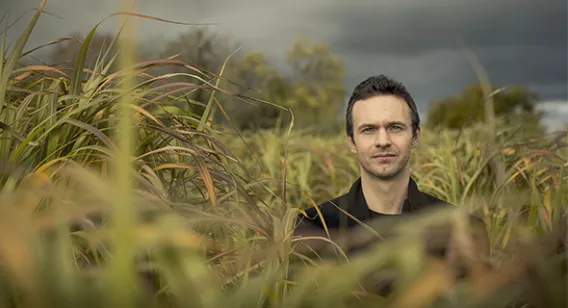
Biofuels are an important alternative to fossil fuels that can minimise the impact of energy production on global climate change. DIBANET is an Irish-led research project aimed at developing an integrated approach to biomass development that further enhances international cooperation between the EU and Latin America in the field of biofuels. This project aims at developing technologies to sustainably exploit biomass for the profitable production of biofuels and other valuable chemicals. The project supports the development of technologies with a view to reducing dependency on fossil diesel imports in Latin America and Europe. The focus is on creating sustainable biofuels from waste through the production of a diesel-miscible biofuel from organic wastes and residues. Unlike many other biofuel technologies the DIBANET process is non-biological and instead uses acid hydrolysis as a means of processing biomass for the production of a diesel-miscible biofuel. This chemical process means that a much wider variety of biomass types can be utilised, with a particular focus on the organic wastes and residues of Europe and Latin America. The achievements made in the project have led to the University of Limerick becoming a globally renowned player in the field of chemical hydrolysis and to the formation of an Irish spin-out company, Celignis, which has commercialised DIBANET’s advances in rapid biomass characterisation methods. https://dibanet.geonardo.com/ Other project participants: Aston University, United Kingdom / CERTH – Centre for Research and Technology Hellas, Greece FOSS, Denmark / Geonardo Ltd, Hungary / CTC – Centro de Tecnologia Canavieira (Sugarcane Technology Centre), Brazil Federal University of Rio de Janeiro, Brazil / University of Buenos Aires, Argentina / YPF, Argentina / EMBRAPA Solos (National Centre of Soil Research), Brazil / Fundación Chile, Chile / State University of Campinas, Brazil / Petrobras, Brazil.